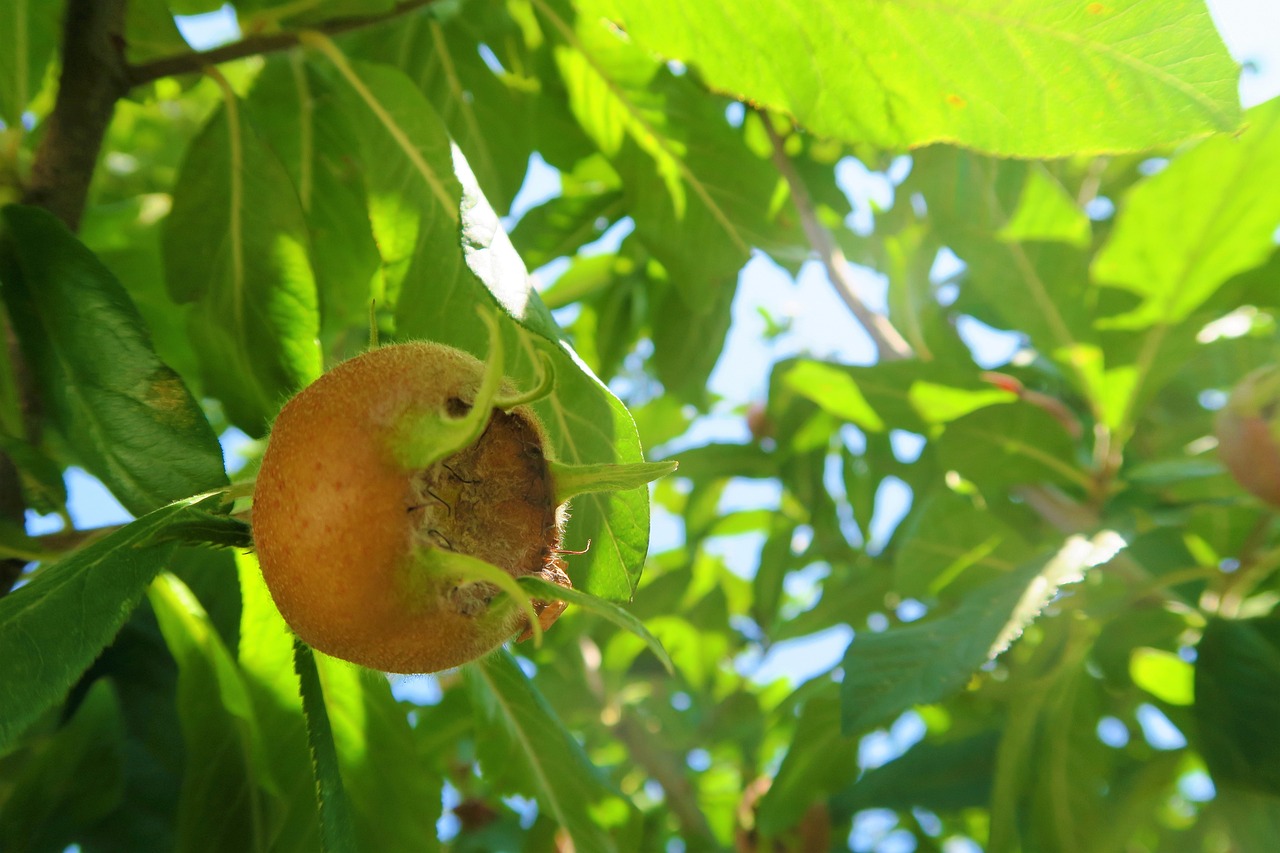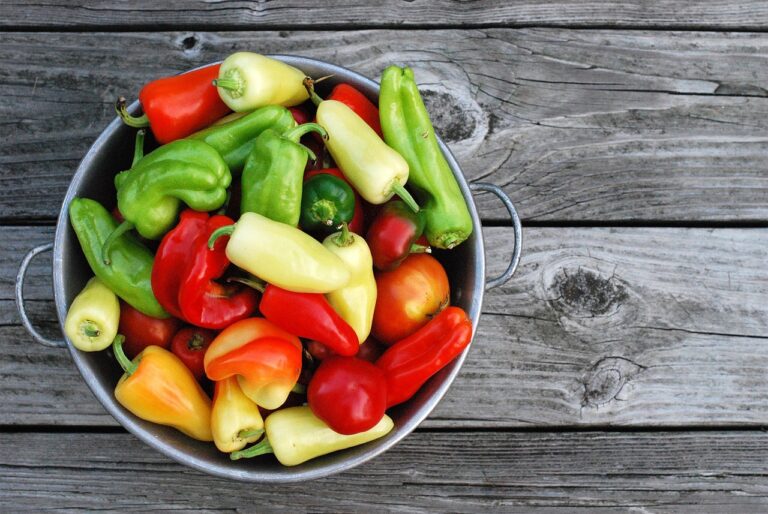Poultry Farming and Animal Welfare: Betbook250 com login, Reddyanna247, Play lotus365.com login
betbook250 com login, reddyanna247, play lotus365.com login: Poultry farming is a thriving industry that provides millions of people around the world with a valuable food source. However, as the demand for poultry products continues to increase, so does the concern for animal welfare within the industry.
As consumers become more conscious about where their food comes from and how it is produced, there is a growing focus on ensuring that animals raised for food are treated humanely. This has led to increased scrutiny on poultry farming practices and the impact they have on the welfare of the animals involved.
While there are certainly challenges in ensuring the welfare of animals in large-scale poultry farming operations, there are also opportunities for improvement and innovation in this area. By implementing best practices and standards for animal welfare, poultry farmers can not only meet consumer demands but also ensure the well-being of the animals in their care.
In this article, we will explore the importance of animal welfare in poultry farming and discuss some of the key considerations and practices that can help farmers improve the welfare of their birds.
Why is Animal Welfare Important in Poultry Farming?
Animal welfare is a complex and multifaceted issue that encompasses the physical, mental, and emotional well-being of animals. In the context of poultry farming, it is crucial to ensure that birds are provided with appropriate housing, nutrition, and care to meet their natural behaviors and needs.
Ensuring good animal welfare in poultry farming is not only the right thing to do from an ethical standpoint but also makes good business sense. Healthy and well-cared-for birds are more likely to be productive, have better growth rates, and produce higher-quality meat and eggs. Additionally, consumers are increasingly demanding ethically produced food products, and poor animal welfare practices can damage a company’s reputation and bottom line.
Key Considerations for Improving Animal Welfare in Poultry Farming
1. Housing and Space: Providing birds with adequate space and appropriate housing is essential for their well-being. Crowded conditions can lead to stress, aggression, and the spread of diseases. Farmers should ensure that birds have enough room to move around, stretch their wings, and express natural behaviors.
2. Air Quality and Ventilation: Good ventilation is crucial for maintaining optimal air quality in poultry houses. Poor ventilation can lead to respiratory issues and other health problems for birds. Farmers should regularly monitor and maintain ventilation systems to ensure that birds have access to clean, fresh air.
3. Lighting: Proper lighting is important for regulating the behavior and growth of poultry. Birds should have access to natural light or artificial lighting that mimics the natural day-night cycle. This helps to maintain healthy circadian rhythms and promote overall well-being.
4. Nutrition and Water: Providing birds with a balanced diet and access to clean water is essential for their health and welfare. Farmers should work with nutritionists to develop feeding programs that meet the specific nutritional needs of their birds at different growth stages.
5. Health and Disease Prevention: Preventing and managing diseases is essential for ensuring the welfare of poultry. Farmers should implement biosecurity measures to prevent the spread of diseases and work with veterinarians to develop vaccination programs and treatment protocols.
6. Handling and Transport: Proper handling and transport practices are crucial for minimizing stress and injury to birds. Farmers should train their staff on how to handle birds gently and safely, and ensure that transportation vehicles are well-maintained and equipped to provide a comfortable environment for the animals.
Innovations in Animal Welfare in Poultry Farming
Advancements in technology and research have led to several innovative solutions for improving animal welfare in poultry farming. Some of these innovations include:
1. Enriched Housing Systems: Enriched housing systems provide birds with more space and opportunities to express natural behaviors, such as perching, dust bathing, and foraging. These systems help to improve the welfare of birds and enhance their physical and mental well-being.
2. Precision Livestock Farming: Precision livestock farming utilizes sensors, cameras, and other technologies to monitor the health and behavior of animals in real-time. This allows farmers to identify issues early, provide targeted care, and improve overall welfare outcomes.
3. Alternative Management Practices: Some farmers are exploring alternative management practices, such as free-range and pasture-raised systems, to provide birds with more space and access to the outdoors. These systems can improve the welfare of birds and meet consumer demand for more ethically produced products.
FAQs
1. What is the difference between conventional and organic poultry farming?
Conventional poultry farming typically involves intensive production systems that prioritize efficiency and high output. Organic poultry farming, on the other hand, follows strict guidelines for animal welfare, feed, and antibiotic use, and prohibits the use of synthetic pesticides and fertilizers.
2. How can consumers support animal welfare in poultry farming?
Consumers can support animal welfare in poultry farming by choosing products from companies that prioritize animal welfare and sustainability. Look for certifications such as Certified Humane, Animal Welfare Approved, or USDA Organic when shopping for poultry products.
3. What role do regulations play in ensuring animal welfare in poultry farming?
Regulations and standards set by government agencies and industry organizations play a crucial role in ensuring the welfare of animals in poultry farming. These regulations establish minimum requirements for housing, nutrition, health, and handling practices that farmers must adhere to.
In conclusion, ensuring good animal welfare in poultry farming is a complex and important endeavor that requires a commitment to best practices, innovation, and continuous improvement. By prioritizing the well-being of birds and implementing sound management practices, farmers can not only meet consumer demands but also contribute to a more sustainable and ethical food system.







